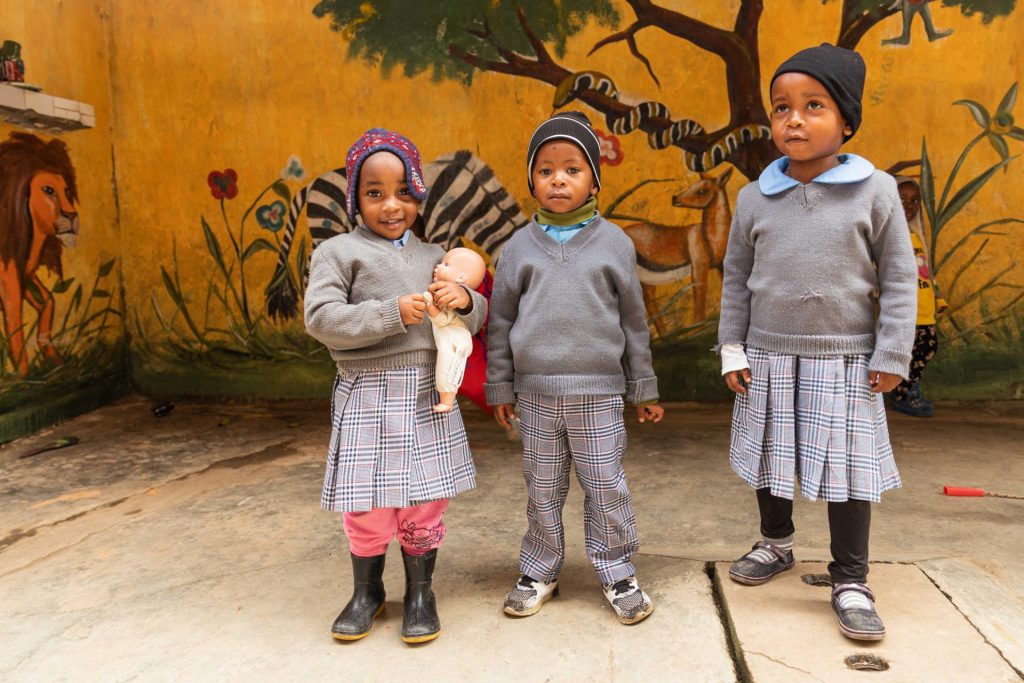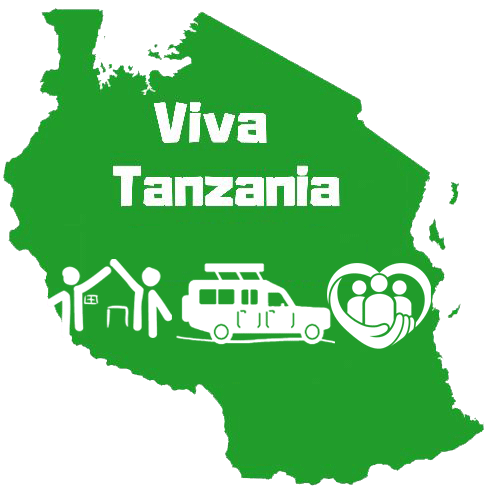
We do not offer volunteer work and internships in orphanages in our program. We are
often asked why not? The answer is that we only support ethical volunteering projects that
benefit the local community.
Most western countries no longer run orphanages, due to the significant harm suffered by
children who grow up in these facilities. The lifelong physical and psychological harm is
caused by a lack of consistent care, and all too often, from violent punishments, abuse and
humiliation. Research demonstrates that family-based solutions greatly reduce the risk of
abuse and result in better outcomes for children.
The image that is often conveyed to outsiders by unscrupulous orphanages is that they
depend on the help of western countries, and the work of a single volunteer plays an
important role in the survival of the children.
But the reality is very different. The operators of many of these institutions are
businessmen, running an orphanage can be a lucrative business. It is estimated that 80%
of children in these facilities worldwide are not orphans, and have at least one parent.
Often parents give their children to an orphanage because they can’t take care them or
they are persuaded that their children will have a good education and a better future there.
Some even pay for their child to be taken in.
A significant source of income for orphanages are donors, who are shown pictures of
children suffering in poverty-oriented marketing. Tourists and volunteers donate large
sums of money, with the best of intentions, however the donations usually do not reach the
children, and their circumstances do not improve. Some children are even sold by their
parents and given up for adoption. Often their parents hope they can bring them back
home one day when their financial situation improves. There are also institutions that are
genuinely interested in the well-being of their children, but due to a lack of state control it is
difficult to recognise these institutions.
We understand that volunteers who complete projects in orphanages are genuinely acting
in good faith, hoping to help vulnerable children. However the poverty-oriented marketing
that some unscrupulous orphanages are doing indicate that they are aware they are doing
more harm than good to the children in their care. Some of them even offer programs with
a minimum stay of two weeks, and without any prior training or preparation. You play and
cuddle with children for two weeks and believe they benefit from your care and love. But
after two weeks you leave and the farewell is painful for the child. If you then consider that
the child experiences this with multiple volunteers, often several times a month, then it is
easy to see why many have profound attachment disorders and trust issues. Even if
volunteers are appropriately trained and they invest half a year or more of their time, then
they become more significant in the life of the child and so their departure is felt more
profoundly. This can deeply scar a child.
If you are looking for ethical volunteer work that helps rather than harms, we have some
projects available. We only offer projects with children who already have permanent
caregivers, which means they have consistency in their lives and so volunteers are like
additional teachers, carers or friends to them. We know all about our projects and the
people behind them and are regularly on site. We can therefore personally ensure that
child protection laws are not violated, and children are not harmed by our cooperation.
Everyone benefits from this situation, and so we can represent this type of work with a
clear conscience.
More information can be found here:
https://www.aktiv-gegen-kinderarbeit.de/2018/09/voluntourism-warum-ein-besuch-im-kinderheim-nicht-auf-deiner-reiseliste-stehen-sollte/
https://www.ncbi.nlm.nih.gov/pmc/articles/PMC4633702/
https://www.wearelumos.org/what-we-do/issue/orphanage-institution/
https://theconversation.com/the-business-of-orphanages-where-do-orphans-come-from-38485
